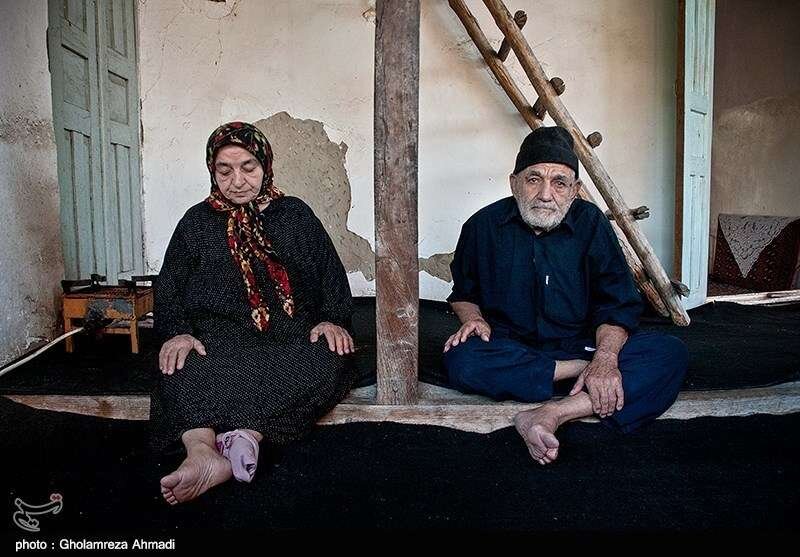Dementia seen to grow highly in 30 years

TEHRAN – In Iran, people born in the 1980s constitute the largest population group, who will enter old age in the next 20 or 30 years, so it is predicted that the prevalence of dementia will significantly increase in the future.
In general, neurodegenerative diseases in which brain tissue deteriorates are called dementia. There are different types of dementia, one of the most common types of which is Alzheimer's disease.
Other types of dementia include vascular dementia or a combination of vascular dementia and Alzheimer's disease. Less common types of dementia are also known as Lewy body dementia or frontotemporal dementia.
In diseases where the brain tissue is destroyed, in fact, the brain cells in certain parts of the brain are gradually destroyed and the brain has shrunk or atrophied, Maryam Abbasinejad, an expert in the mental health office of the Ministry of Health, said.
Dementia symptoms are different depending on which part of the brain is more degraded. Symptoms may include memory problems, difficulty processing thoughts, speech problems, movement problems, loss of executive functions of the brain, or reduced learning ability, she explained.
Different pathways may lead to dementia. For example, the main cause of Alzheimer's is unknown, but it has been seen that some genetic factors influence its occurrence, but it is not necessarily a hereditary disease, but some genes related to Alzheimer's are known, she said.
In histological studies, they have seen that there are certain substances in the brains of Alzheimer's patients, and these substances have played a role in the degeneration of brain tissue, she added.
Studies show that about 8 percent of the elderly, i.e. people over 65 years old, suffer from dementia, which is almost the same number estimated in our country.
By calculating the total elderly population of Iran, it is clear that there are about 800,000 people with dementia, but many of these people are not known, and maybe only one-fifth of the mentioned number is diagnosed.
In general, dementia is a disease that is difficult and late to diagnose, and even many doctors and specialists may not pay attention to this disease and do not diagnose it on time.
The World Health Organization predicts that dementia will become an important health problem in most countries in the next 50 years.
In Iran, the age group born in the 1360s constitutes the largest demographic group, who will enter old age in the next 20 or 30 years, and it is predicted that the prevalence of dementia will increase in the country in the future.
National screening program
A national screening program will be implemented for 120,000 senior citizens between the ages of 60 and 75 suffering from Alzheimer's, Afrouz Safarifar, an official with the Welfare Organization, said on Wednesday.
The dementia screening program will be piloted in two provinces of Yazd and Qazvin and then in the whole country, she announced.
Every 3 seconds
Every 3 seconds someone in the world is affected by Alzheimer’s. Worldwide there are some 55 million people who suffer from dementia, which includes Alzheimer’s.
As the proportion of older people in the population is increasing in nearly every country, this number is expected to rise to 78 million in 2030 and 139 million in 2050.
The estimated proportion of the general population aged 60 and over with dementia at a given time is between 5-8 percent.
Dementia has significant social and economic implications in terms of direct medical and social care costs, and the costs of informal care. In 2019, the estimated total global societal cost of dementia was US$ 1.3 trillion, and these costs are expected to surpass US$ 2.8 trillion by 2030 as both the number of people living with dementia and care costs increase.
FB/MG
Leave a Comment